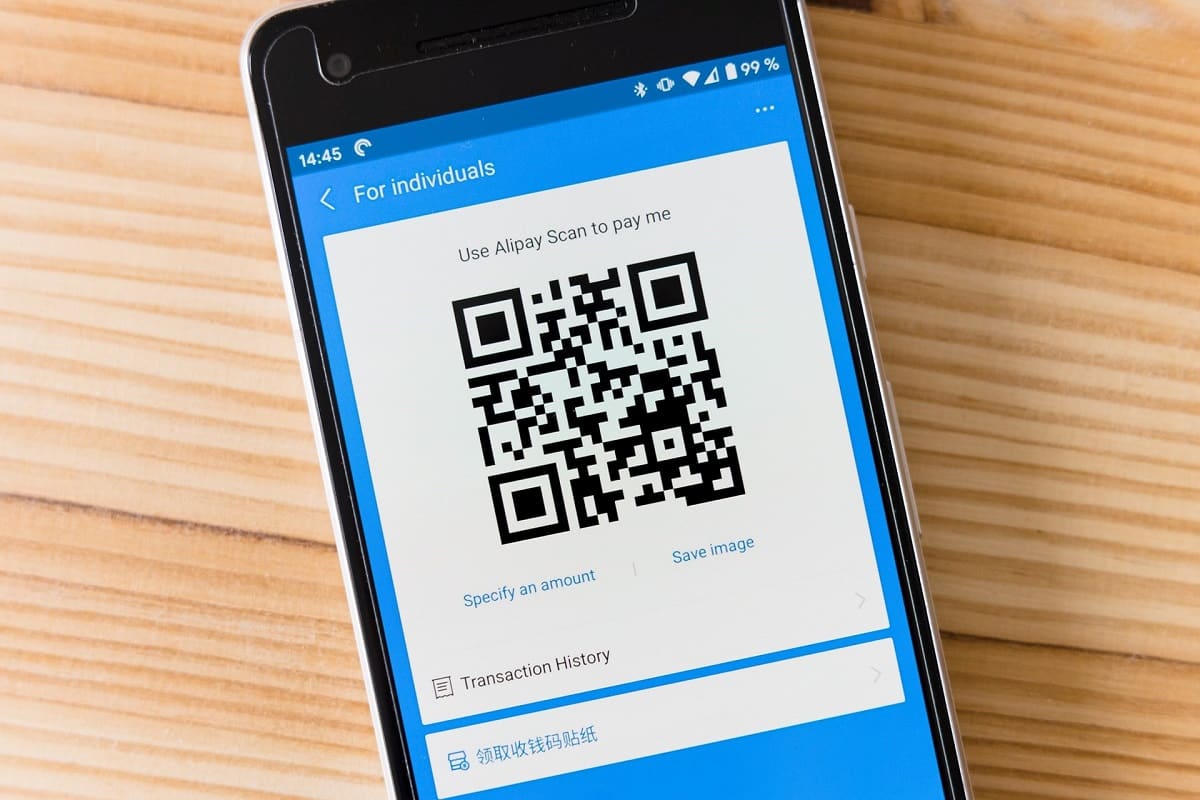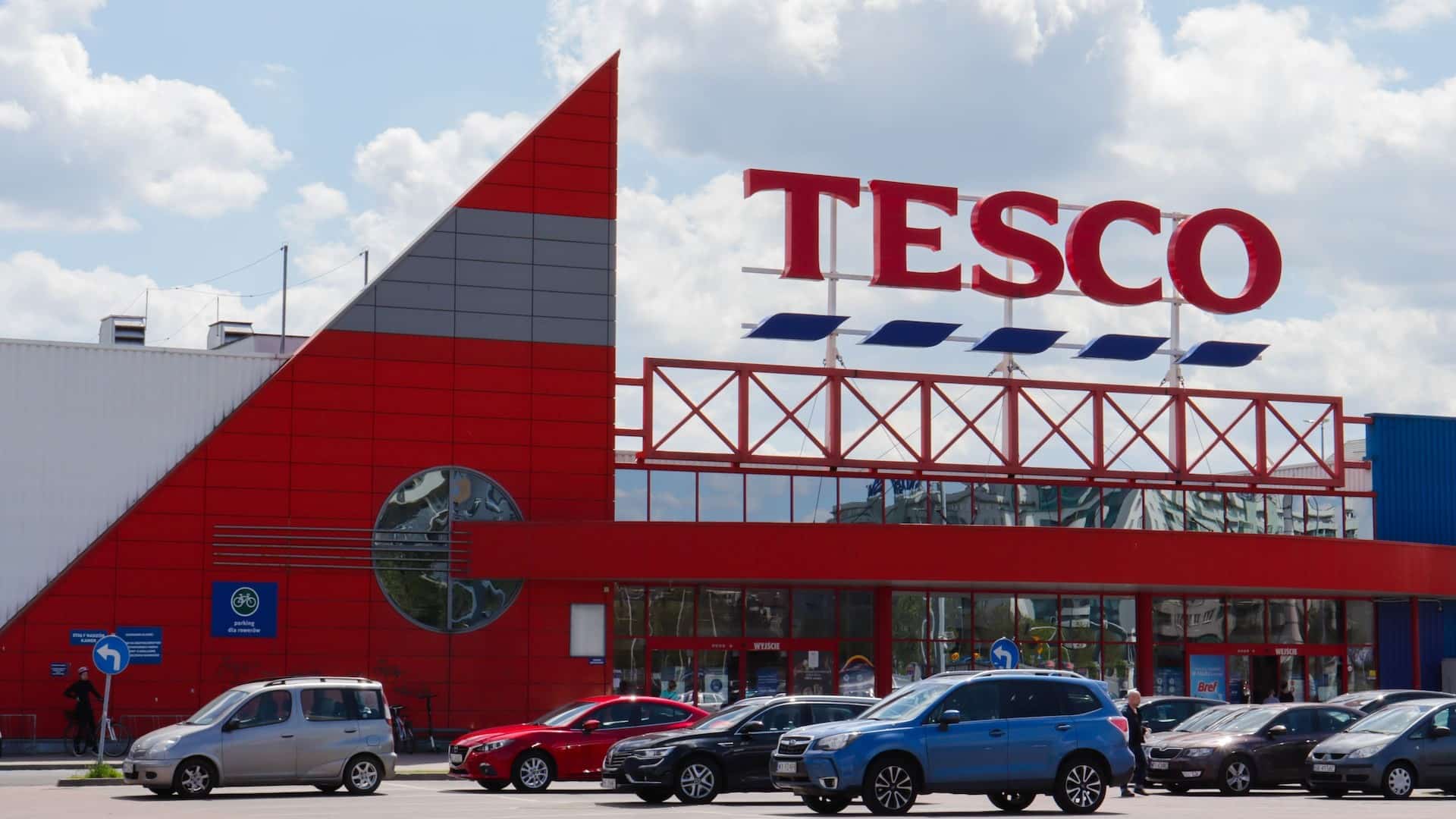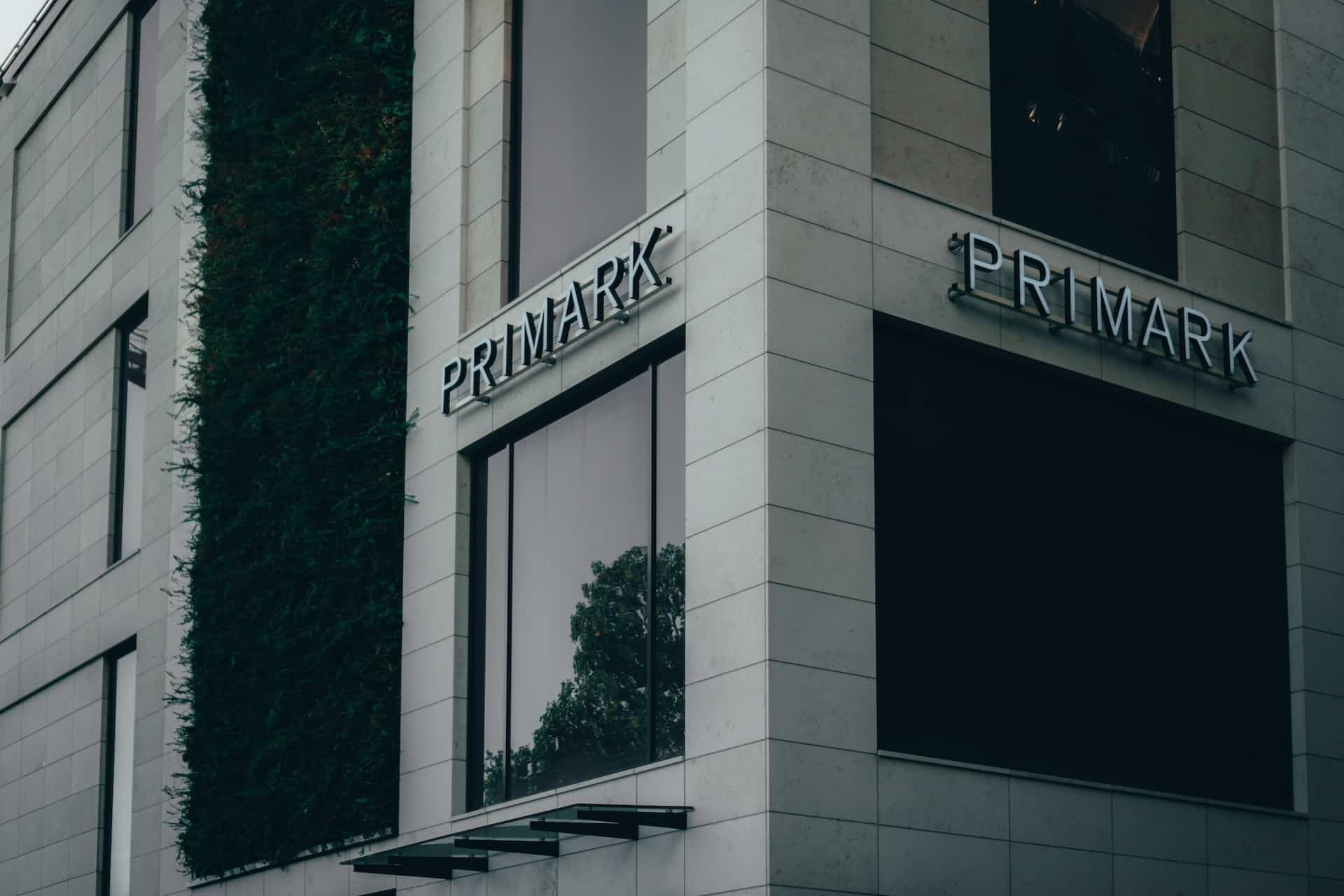Alibaba Group is one of the largest tech companies based in Zhejiang, China. It was founded in 1999 by Chung Tsai and Yun Ma to offer e-commerce and expanded into technology and Internet services. Since its founding, Alibaba redefined e-commerce and set several records along the way.
Alibaba’s 2014 initial public offering on NYSE was the largest IPO in world history. The IPO raised $25 billion and increased Alibaba’s market value to $231 billion. In 2018, the e-commerce giant hit the $500 billion valuation mark soon after its competitor Tencent.
According to Forbes Global 2000 2021 list, Alibaba is the 23rd-largest public company globally with a $657.5 billion valuation. In 2020, Alibaba Group generated $93.8 billion in revenues with $23.3 billion in profits. [1]
Although Alibaba is renowned as an e-commerce giant, it operates across multiple sectors. Its diversified portfolio has four business segments – Core Commerce, Cloud Computing, Digital Media and Entertainment, and Innovation Initiatives.
The Core Commerce segment is Alibaba’s top revenue-generator, including online and mobile marketplaces in retail and wholesale trade. Alibaba Cloud falls under the Cloud Computing segment and offers elastic computing, database, storage, big data analytics, machine learning tools, security, app management, and more.
It was fined $2.8 billion in May 2021 for anti-competitive practices, indicating that the company is under pressure from strong competitors. [2]
Here is an in-depth analysis of Alibaba’s top ten competitors and alternatives:
1. Amazon
Year founded: 1994
Headquarter: Seattle, Washington
Amazon started as an online bookstore and expanded into e-commerce retailing. It is the world’s most valuable brand and the largest e-commerce platform. Like Alibaba, Amazon Marketplace allows third-party sellers and vendors to list their products. In 2020, Amazon’s full-year revenue increased by 34% to $380 billion.
Amazon is the dominant retailer in North America, while Alibaba is the leader in China. But China’s e-commerce market is more than three times larger than that of the US. Alibaba has made significant gains in the US market, increasing its edge over its American counterpart. In 2020, US retailers and SMBs sold over $54 billion on Alibaba’s platforms. The number of US-based brands on Tmall Global increased 45% in 2020. Amazon has over 7 million sellers globally, while Alibaba attracted 1.18 billion active consumers from Jun 2020 to Jun 2021. The two e-commerce giants are perfect alternatives for brands, retailers, and SMBs. Amazon is Alibaba’s top competitor. [3]

2. JD (Jingdong)
Year founded: 2000
Headquarter: Kent, Washington
Jingdong, aka JD, is China’s largest online retailer. The platform offers electronics, books, home appliances, shoes, garments, and more. JD is a member of Fortune Global 500 and partly owned by Tencent, with a 20% stake. For the full year of 2020, JD reported $114.3 billion in revenues, representing a 29.3% increase from 2019. But JD has a gross margin of 7.9% and cannot match Alibaba’s 41.3% gross margin.
Like Alibaba, JD has an expansive logistics network spanning multiple sectors. Its industry-leading delivery system leverages AI, drones, and robots. In Aug 2020, the JD platform reached 417 million users. JD is the top competitor for Alibaba’s Tmall. [4]
3. Walmart
Year founded: 1962
Headquarter: Arkansas
Walmart is the world’s largest brick-and-mortar retailer. The company has 2.2 million employees and more than 11,500 stores in 27 countries. Like Alibaba, Walmart’s marketplace allows brands and third-party vendors to sell their products. The platform attracts over 265 million customers per week. In 2020, Walmart’s annual revenue was $524.4 billion.
Walmart e-commerce relies heavily on the US market. In 2019, Alibaba opened its marketplace to American businesses and attracted over 10 million SMBs within a year. Alibaba now threatens Walmart’s customer base in its home market. In 2020, Alibaba acquired Sun Art Retail Group for $3.6 billion. Sun Art operates 481 hypermarkets in China, making it one of the top competitors for Walmart. With this acquisition, Walmart and Alibaba now compete for online shoppers and brick-and-mortar customers. But Walmart’s e-commerce growth rate is higher than Alibaba’s. And it also owns Flipkart, one of Alibaba’s top competitors in India. [5]

4. Shopify
Year founded: 2006
Headquarter: Ottawa, Ontario
Shopify is a Canadian eCommerce platform with more than 1 million stores. It connects SMBs to customers worldwide, which is enticing for small businesses looking to expand their reach. In 2020, Shopify’s annual revenue was $2.929 billion, up by 86% from 2019. Alibaba generates 30 times more revenue than Shopify. But Shopify is more profitable with a gross margin of 53% versus Alibaba’s 43.8%.
Shopify recently released several apps and features to streamline the ordering process, optimize its conversion, and make checkouts more flexible. The company also partnered with TikTok to help Shopify merchants advertise their products to younger consumers. These strategic changes increase Shopify’s competitive advantage over Alibaba. Shopify is one of the best alternatives to Alibaba’s platform for online sellers. It is a worthy top Alibaba competitor. [6]

5. eBay
Year founded: 1995
Headquarter: San Jose, California
eBay is the pioneer in consumer-to-consumer selling and operates in 30 countries globally. It is the go-to auction site for consumers looking for affordable merchandise. eBay also offers a B2C marketplace for brands, retailers, and SMBs. In 2020, eBay’s revenue surged 18.93% to $10.27 billion.
eBay’s unique business model is enticing for small and medium businesses. The number of sellers on the platform grew 8% in 2020 to 20 million, and buyers increased by 7% to 187 million globally. eBay has a strong customer base and stands out as one of the most experienced competitors for Alibaba. It is the best alternative to Alibaba for C2C selling. [7]
6. Rakuten
Year founded: 1997
Headquarter: Tokyo, Japan
Rakuten is a Japanese e-commerce company with operations in about 29 countries. Like Alibaba, Rakuten has a diversified portfolio, including fintech, communication services, and digital content. In 2020, Rakuten had around 14,800 employees worldwide and generated $13.68 billion in revenues.
Rakuten is expanding its operations globally through acquisitions and joint ventures. The company acquired Buy.com, PriceMinister, Ikedia, Play.com, and Ebates in the past few years. However, Rakuten still relies heavily on the Japanese market. In 2020, its worldwide revenue increased only 15% versus a 35.1% surge in Japan. Rakuten Ichiba is the group’s top-performing platform. Rakuten is one of the fast-growing Alibaba competitors. [8]
Alibaba Cloud’s Competitors and Alternatives
Alibaba Cloud is the leading cloud provider in Asia. It is ranked third globally ahead of Google Cloud Platform and behind AWS and Microsoft Azure.
7. Amazon Web Service (AWS)
Year founded: 2006
Headquarter: Cupertino, California
AWS is a subsidiary of Amazon and the global leader in public cloud services. It is one of the most comprehensive cloud platforms, with more than 175 fully-featured services. In 2021, AWS has 77 availability zones across 245 countries, while Alibaba caters to around 200 countries. But Alibaba Cloud is giving AWS a run for its money in Asia. AWS controls 32.4% of the global cloud market, making it the top competitor for Alibaba Cloud. [9]
8. Microsoft Azure
Year founded: 2010
Headquarter: Redmond, Washington
Microsoft Azure is a cloud computing platform owned by Microsoft Inc. It caters to more than 5 million organizations and 4 million developers globally.
Azure is the second most popular cloud service with 17% of the market.
The main competitive advantage for Alibaba Cloud is its Cloud Enterprise Network (CEN). It allows users to control latency and bandwidth for applications that operate in different regions. But Azure integrates with Microsoft’s ecosystem, which increases its competitive edge over Alibaba Cloud. [10]
9. Google Cloud Platform
Year founded: 2008
Headquarter: Mountain View, California
Google Cloud Platform (GCP) is the fourth most popular cloud service globally. The platform offers cloud computing, infrastructure, data analytics, and other services. In 2020, GCP’s revenue was $13 billion and accounted for 7.2% of Google’s total revenues.
Although Alibaba Cloud is now more popular than GCP, the two competitors are separated by a small margin and switch places constantly. Currently, GCP holds 6% of the global cloud market versus Alibaba’s 7%. As a subsidiary of Google Inc., GCP can entice large enterprises that need robust features and functionalities. GCP’s integration with Google’s comprehensive ecosystem can poach some customers from Alibaba Cloud. [11]
Alibaba’s Top Competitor Overall
10. Tencent
Year founded: 1998
Headquarter: Shenzhen, China
Tencent is China’s largest internet and technology company. It is Alibaba’s top competitor across all sectors. In 2020, Tencent had 85,858 employees and generated $20.6 billion in revenues.
Although Tencent and Alibaba started in different industries, the two behemoths have converged in recent years and compete in several sectors. Tencent’s WeChat has more than 1.1 billion users, while Alibaba’s DingTalk has 200 million users.
Alibaba controls 18% of the Twitter-like Weibo platform, which is WeChat’s top competitor. In 2020, Tencent launched the “WeChat Mini Store” that allows users to sell their products through live broadcast.
The Mini Store offers a viable alternative to Alibaba for small and medium businesses. Tencent also owns 20% of JD, Alibaba’s top e-commerce competitor in China. [12]
In 2015, Alibaba bought Youku Tudou for $3.7 billion to compete against Tencent Video. Alibaba owns 33% of Alipay, the top competitor for Tencent’s WeChat Pay service. But the two tech giants compete more aggressively in the cloud computing sector.
Alibaba Cloud and Tencent Cloud are the top cloud services in China. Tencent’s share of the global cloud market stands is 2% versus Alibaba’s 7.7%. Tencent Cloud expanded into Korea and Indonesia in 2020 and launched in Singapore in April 2021. It is now available in 27 regions and 66 zones worldwide. Tencent is Alibaba’s top competitor across the board. [13]
References & more information
- Murphy, A. (2021, May 13). Global 2000. Forbes
- Mehta, C. (2021, May 13). Anti-monopoly fine pushes Alibaba to first operating loss as a public company. Reuters
- Greenwald, M. (2021, Feb 15). How Alibaba Makes It Easier for Global Startups to Enter China, And for Multinationals to Innovate. Forbes
- Tip Ranks (2021, Jun 13). com vs. Alibaba: Who will be King? Yahoo Finance
- Wilson, M. (2020, Oct 19). Alibaba challenges Walmart with a $3.6 billion investment in the Chinese chain. Chain Store Age
- Ganguly, A. (2020, Nov 12). Alibaba vs. Shopify: Which Stock is a Better Buy? Stock News
- PYMNTS (2021, Apr 29). eBay Joins Growing List of Online Retailers to Say Post-COVID Growth Will Slow. PYMNTS
- Suen, Z. (2021, Feb 12). Japanese E-Commerce Giant Rakuten Reports 15.2% Boost in Annual Revenues. Business of Fashion
- Haley, A. (2021, Feb 15). Alibaba Cloud vs. AWS: Which Offers More Value for Your Business? Mage Plaza
- Nunez, S. (2020, Jul 27). 6 ways Alibaba Cloud challenges AWS, Azure, and GCP. InfoWorld
- Johnson, J. (2021, Feb 17). Google Cloud revenue worldwide 2017-2020. Statista
- Huang, E. (2020, Jun 24). Tencent falls from fresh record high as it battles Alibaba for the title of Asia’s biggest company. CNBC
- Tan, A. (2021, Jun 3). Tencent Cloud grows its APAC footprint. Computer Weekly
- Featured Image by Markus Winkler












Add comment